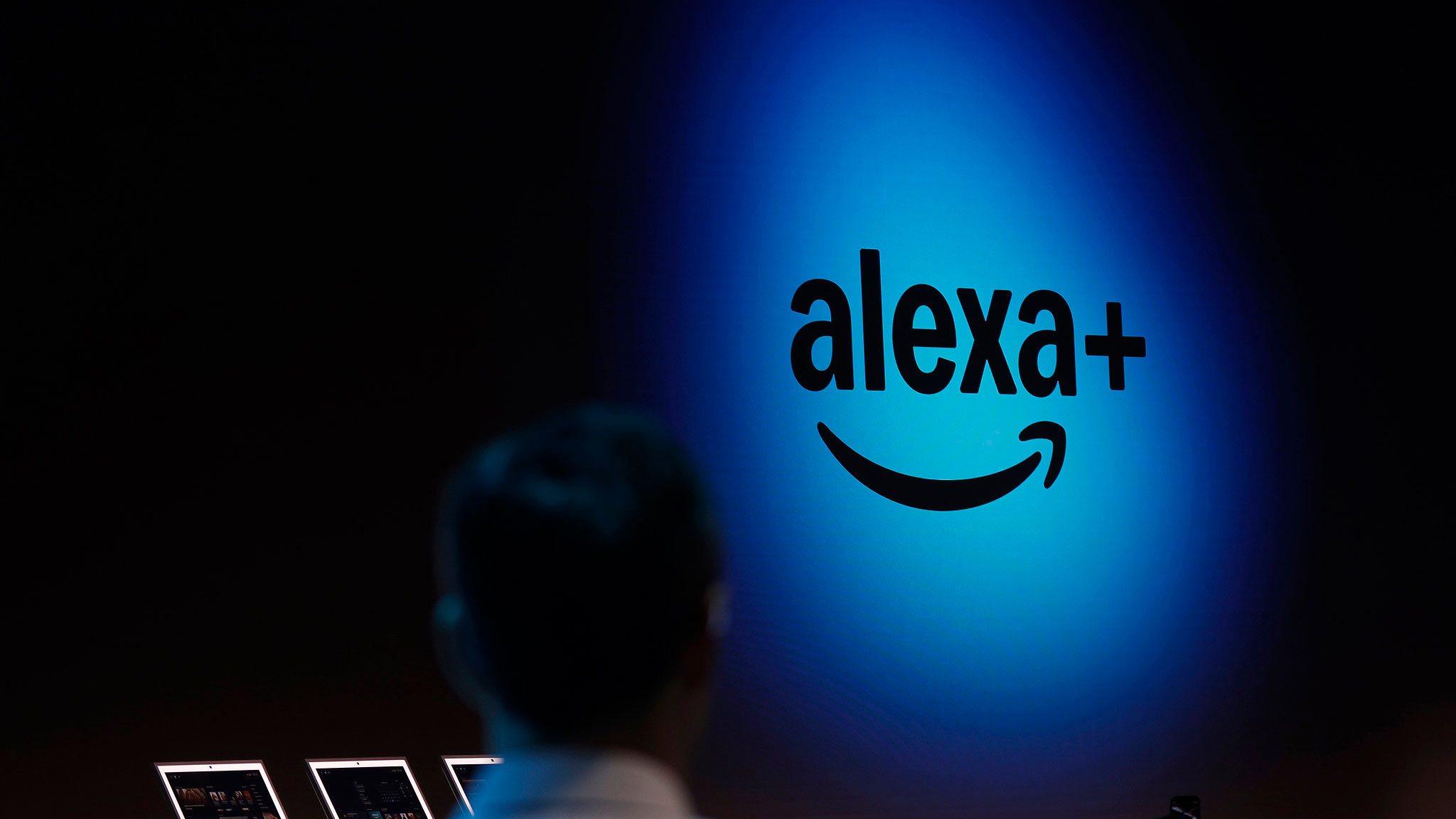Growing Tensions Between AI Development and Privacy Concerns

The development of artificial intelligence often walks a tightrope between innovation and privacy, a fact made evident by recent moves by Amazon. This story, originally covered by CGTN, highlights the growing tensions between advancing AI capabilities and maintaining consumer privacy. As AI systems require ever-larger datasets and cloud processing to function optimally, companies often find themselves at odds with privacy advocates. Let's delve into the nuances of this development and the broader implications.
Amazon's Privacy Feature Adjustment
Amazon's decision to discontinue a privacy feature on its Alexa-enabled devices is stirring the waters in the realm of AI privacy. As per the report on CGTN, the company is aligning its device capabilities with the forthcoming Alexa Plus AI upgrade. This upgrade necessitates that all voice interactions be processed in Amazon's cloud, eliminating the "do not send voice recordings" option. Critics argue that such a move diminishes user choice, even as Amazon comments that this setting had minimal usage.
The change primarily affects users who previously had the option to avoid cloud processing of their voice data. Instead, these users are now automatically switched to a "Do not save recordings" setting, allowing interactions to be processed but then deleted afterward. While Amazon asserts the necessity of large datasets for AI advancements, there is a clear trade-off at play: the more robust the AI, the more significant the data input requirements, which can reduce user control over personal data.
Policy and Global Perspectives
Interestingly, the contrast in regulatory environments across the globe adds a new layer to this development. China's Personal Information Protection Law (PIPL) represents a starkly different approach by mandating explicit user consent for data collection and offering options for local storage of sensitive information. As highlighted in CGTN's article, Chinese smart assistants, such as Baidu's Xiaodu, comply with these stringent rules, pointing to a more privacy-conscious standard.
This difference underscores the broader societal challenge: how to balance technological advancement with privacy. It raises critical questions for other countries and companies watching Amazon's innovation strategy unfold. European nations, often advocating strong privacy rights, might see the regulatory gap as a call to action for more protective measures against mandatory cloud processing of personal data.
The Implications for Consumers and AI Evolution
This situation also symbolizes a broader debate within AI technology development. Supporters of advanced AI argue that, similar to systems like Google Assistant and Apple's Siri, comprehensive data collection is crucial for improving AI functionalities and personalization. This perspective, however, collides with privacy advocates who warn against the normalization of de-propertized user data.
As more AI tools become ingrained in daily life, tech companies will face increasing pressure to ensure consumer data rights do not dissipate amidst a wave of AI advancements. This investigation by CGTN into Amazon's decision reflects the tension in finding a path that embraces both technological progress and privacy protection. The global audience is left to ponder: will innovation continue to trump privacy, or can the tech world achieve an eventual equilibrium?


